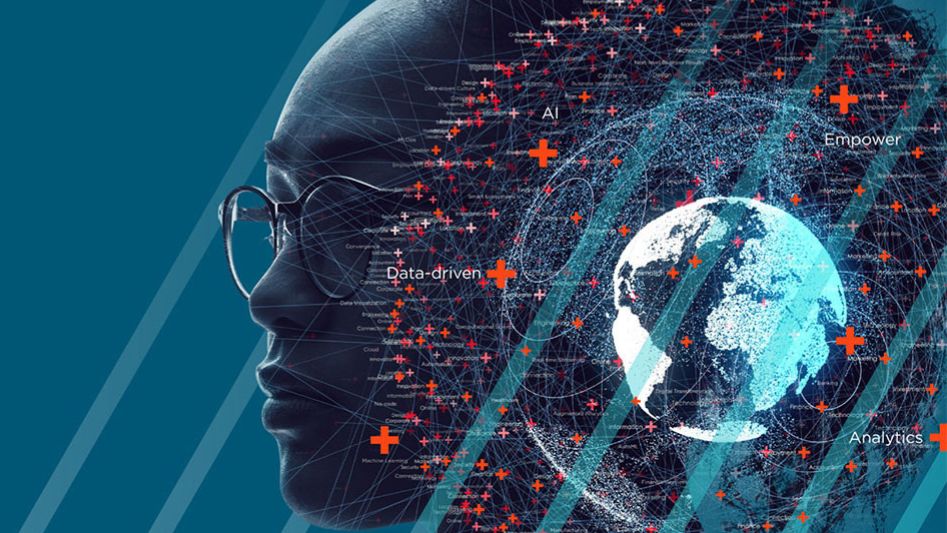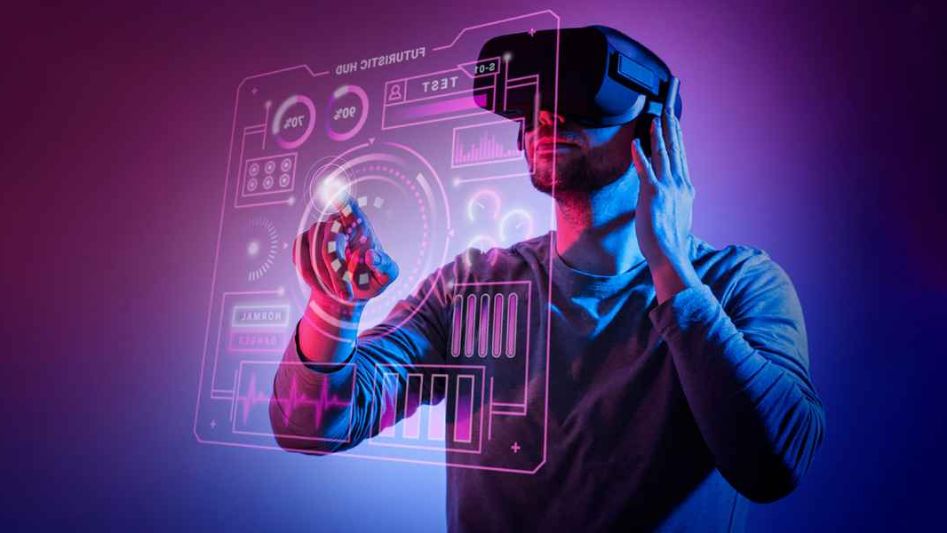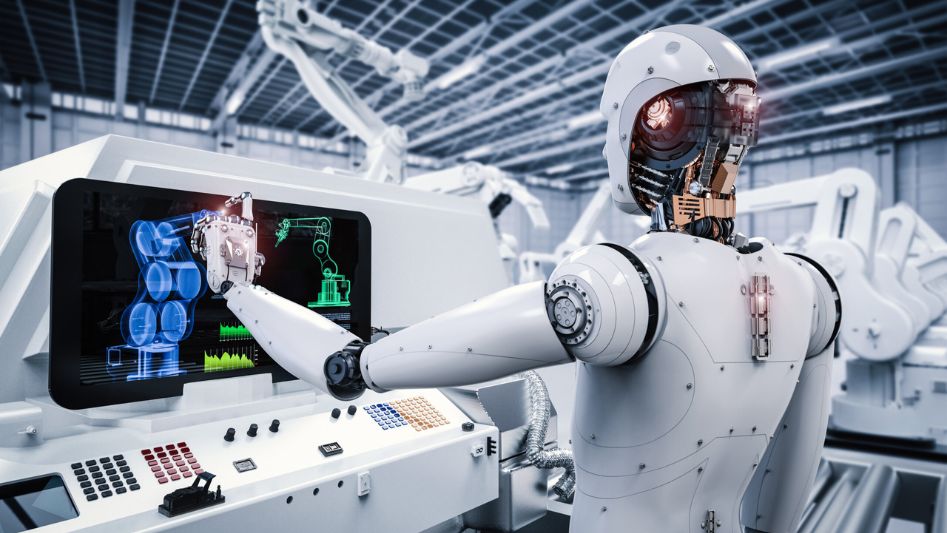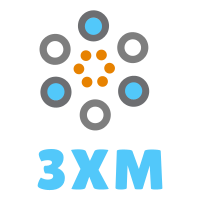The rapid advancement of Artificial Intelligence (AI) is reshaping industries and technologies across the board. In the realm of software development, AI is poised to usher in transformative changes that will shape the landscape for the next decade and beyond. As AI technologies become more sophisticated and accessible, developers, businesses, and consumers alike can anticipate several significant trends that will revolutionize the way software is designed, developed, and utilized.
Table of Contents:
- 1. AI-Driven Development Tools
- 2. Automated Testing and Quality Assurance
- 3. Personalized User Experiences
- 4. Natural Language Processing and Human-Machine Interaction
- 5. AI-Infused Data Analytics
- 6. Continuous Deployment and DevOps
- 7. Ethical and Responsible AI Development
- 8. AI-Generated Content and Creativity
- 9. Security and AI-Powered Threat Detection
- 10. Autonomous Systems and Robotics
- Conclusion
- FAQs
We invite you to read: “10 ESSENTIAL SKILLS EVERY SOFTWARE DEVELOPER SHOULD MASTER”

1. AI-Driven Development Tools
AI is progressively being integrated into software development tools, enabling developers to streamline their workflow and enhance productivity. From code completion suggestions to intelligent bug detection, AI-powered tools are becoming indispensable. Integrated development environments (IDEs) are incorporating AI to understand developer habits and patterns, providing context-aware recommendations and predictive coding assistance. This trend is expected to accelerate, making coding more efficient and accessible even to those with limited programming experience.
2. Automated Testing and Quality Assurance
AI is poised to revolutionize software testing and quality assurance. Traditional testing methods are often time-consuming and manual, but AI can automate the process by generating test cases, identifying potential bugs, and even executing tests in various simulated environments. This can significantly reduce testing time and improve the reliability of software releases. As AI algorithms continue to improve, they will become more adept at identifying complex and subtle defects that are difficult for humans to spot.
3. Personalized User Experiences
In the next decade, AI will play a pivotal role in creating highly personalized user experiences. By analyzing user behavior, preferences, and data, software applications will be able to adapt in real-time to provide tailored recommendations and interfaces. Whether it’s a content recommendation system, a social media feed, or an e-commerce platform, AI-driven personalization will elevate user satisfaction and engagement to new heights.
4. Natural Language Processing and Human-Machine Interaction
Natural Language Processing (NLP) is rapidly advancing, enabling machines to understand and generate human language. This trend will lead to more intuitive human-machine interactions, allowing users to communicate with software using natural language commands and queries. Voice assistants and chatbots are just the beginning; as NLP improves, software will become more adept at understanding context and intent, resulting in more meaningful and efficient interactions.
5. AI-Infused Data Analytics
AI’s impact on data analytics is undeniable. As data continues to grow exponentially, AI will be essential in deriving actionable insights from this information deluge. Machine learning algorithms will identify patterns, trends, and correlations that humans might miss, enabling businesses to make data-driven decisions with greater accuracy. From predictive analytics to anomaly detection, AI-powered data analysis will transform industries ranging from finance to healthcare.
We invite you to read: “CHOOSING THE RIGHT PROGRAMMING LANGUAGE FOR YOUR SOFTWARE DEVELOPMENT PROJECT”

6. Continuous Deployment and DevOps
DevOps practices emphasize collaboration and integration between development and IT operations. AI will play a significant role in optimizing these processes further. By analyzing performance data, AI can identify areas for improvement and suggest changes to code, infrastructure, or deployment strategies. This can lead to faster development cycles, more reliable releases, and enhanced overall system performance.
7. Ethical and Responsible AI Development
As AI becomes more integrated into software, ethical considerations will become paramount. Developers will need to ensure that AI systems are transparent, fair, and unbiased. This includes addressing issues like algorithmic bias and data privacy. In the next decade, a focus on ethical AI development will become essential to gain user trust and comply with regulations.
8. AI-Generated Content and Creativity
AI is already showing potential in generating content, such as articles, images, and music. In the next decade, we can expect AI to collaborate with human creators, aiding in brainstorming, content generation, and design. While AI-generated content raises questions about originality and creativity, it also has the potential to push the boundaries of what’s possible in various creative fields.
9. Security and AI-Powered Threat Detection
With the increasing complexity of cyber threats, AI will play a pivotal role in cybersecurity. Machine learning algorithms can analyze vast amounts of data to identify patterns indicative of cyber attacks or vulnerabilities. AI-powered threat detection systems will become more proactive, preventing breaches and minimizing potential damage.
10. Autonomous Systems and Robotics
Beyond traditional software applications, AI will continue to make strides in autonomous systems and robotics. Self-driving cars, drones, and robotic assistants are just a few examples of AI-powered technologies that will become more prevalent in the next decade. These systems require advanced software development techniques to ensure safety, reliability, and seamless integration with the physical world.
We invite you to read: “THE FUTURE OF SOFTWARE DEVELOPMENT: TRENDS TO WATCH”

Conclusion
The next decade promises to be an era of remarkable transformation in software development due to the rapid evolution of AI technologies. From streamlined development processes and enhanced user experiences to ethical considerations and autonomous systems, AI’s influence will be pervasive. Software developers, businesses, and consumers alike should anticipate and embrace these trends to harness the full potential of AI and shape the future of technology. As we embark on this journey, collaboration between humans and AI will be the key to unlocking innovation and pushing the boundaries of what software can achieve.
FAQs
How will AI impact software testing and quality assurance?
AI will automate testing processes, generate test cases, and identify complex bugs, leading to faster and more reliable software releases.
Can AI enhance user experiences in software applications?
Yes, AI will enable personalized user experiences by analyzing behavior and preferences, providing tailored recommendations and interfaces.
What role will Natural Language Processing (NLP) play in software development?
NLP will enable more intuitive human-machine interactions, allowing users to communicate with software using natural language commands and queries.
How will AI affect data analytics in the next decade?
AI-powered data analytics will provide insights from vast data sets, aiding in making data-driven decisions across various industries.
You May Also Like
- HOW TO WRITE CLEAN AND MAINTAINABLE CODE: A GUIDE FOR SOFTWARE DEVELOPERS
- NEW ADVANCES IN TECHNOLOGICAL RESEARCH AND SOFTWARE ENGINEERING
- THE BENEFITS OF CONTINUOUS INTEGRATION AND CONTINUOUS DEPLOYMENT IN SOFTWARE DEVELOPMENT
- THE IMPORTANCE OF ACCESSIBILITY IN SOFTWARE DEVELOPMENT
- THE BENEFITS OF DEVOPS: HOW IT CAN IMPROVE YOUR SOFTWARE DEVELOPMENT PROCESS


Recent Comments